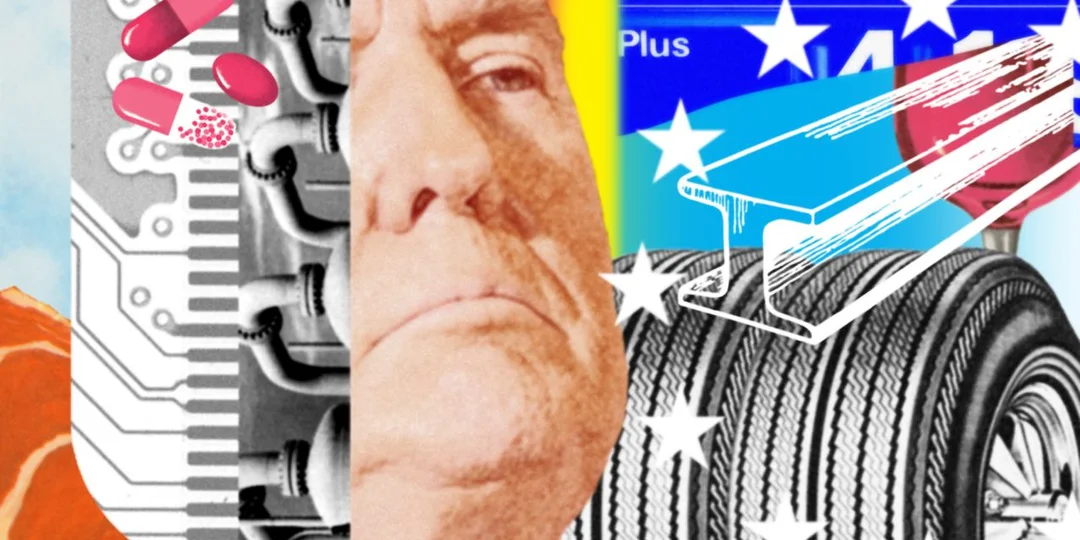
Vietnam Seeks Delay on Trump Tariffs Amid Economic Concerns
Vietnam is actively seeking a delay on the proposed 46% tariffs by former President Donald Trump, as reported by multiple sources. The Vietnamese government and businesses are engaging in diplomatic efforts to mitigate the potential economic impact of these tariffs, which are set to affect a wide range of products, including toys. The urgency of the situation has led to a flurry of activity across Southeast Asia, with countries attempting to negotiate favorable terms to avoid economic hardship.
The proposed tariffs, initially aimed at China, have been extended to Vietnam due to concerns over trade practices. This move has sparked fears of increased prices for consumers, particularly in the toy industry, where Vietnam plays a significant role in global supply chains. The Vietnamese delegation is reportedly in discussions with U.S. officials to extend the implementation date, hoping to buy time to adjust to the new trade environment.
The economic implications of these tariffs are significant, not only for Vietnam but for the broader Southeast Asian region. Countries are rushing to present alternative trade proposals to Trump, aiming to soften the blow of the impending tariffs. The outcome of these negotiations will be crucial for the economic stability of the region and could set a precedent for future U.S. trade policies.
Detailed
Related issues news
What is the new tariff on Vietnam?
For Vietnam, this 46 per cent tariff — among the highest imposed — applies to all goods entering the US, a market that absorbed US$142 billion of Vietnamese exports in 2024, according to US statistics.
What is the US tariff on Vietnam?
The 46 percent tariff rate on Vietnam is among the highest placed on any country, and in Southeast Asia alone, it is only lower than that imposed on Laos and Cambodia, which are subject to rates of 48 and 49 percent, respectively.
What does Vietnam export to the US?
Among Vietnam's top exports to the U.S. are computers, electrical products, machinery, apparel and footwear. Under President Trump's new tariff system, Vietnamese exports will face 46% in levies.
What is the history of tariffs?
Tariffs and excise taxes were authorized by the United States Constitution and recommended by the first United States Secretary of the Treasury, Alexander Hamilton in 1789 to tax foreign imports and set up low excise taxes on whiskey and a few other products to provide the Federal Government with enough money to pay ...



